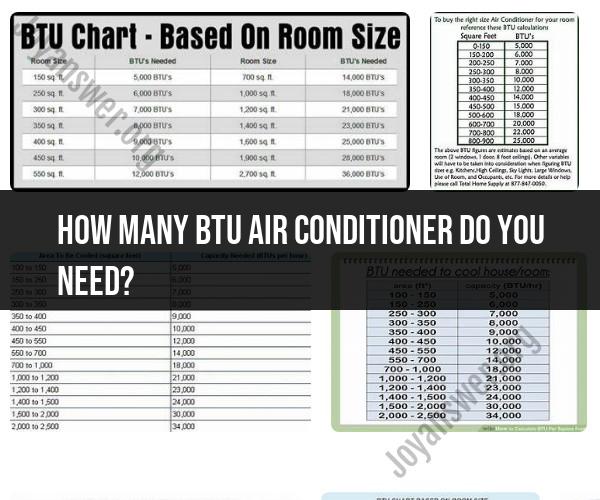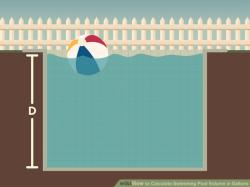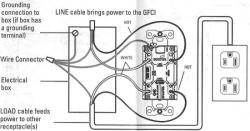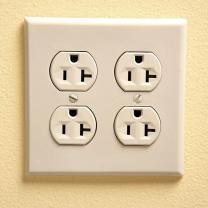How many BTU air conditioner do you need?
The number of BTUs (British Thermal Units) you need for an air conditioner depends on several factors, including the size of the room or space you want to cool, the climate in your region, the level of insulation in the room, the number of occupants, and the presence of heat-generating appliances or equipment. To calculate the right BTU for your air conditioner, you can follow these general guidelines:
Calculate the Square Footage: Measure the length and width of the room and multiply these dimensions to determine the square footage (area) of the room. For example, if the room is 10 feet by 12 feet, the square footage is 120 square feet.
Consider the Climate Zone: The climate in your region plays a significant role in determining the cooling capacity you need. Warmer climates typically require more cooling power. Use the following general guidelines for climate zones:
- Hot Climate (Southern U.S.): 20-30 BTUs per square foot.
- Moderate Climate (Central U.S.): 15-20 BTUs per square foot.
- Cool Climate (Northern U.S.): 12-15 BTUs per square foot.
Adjust for Other Factors:
- If the room has poor insulation, add 10% to the BTU requirement.
- If the room is heavily shaded, subtract 10% from the BTU requirement.
- If the room is exposed to direct sunlight, add 10% to the BTU requirement.
- For each additional person in the room beyond two, add 600 BTUs.
Calculate the BTU Requirement: Use the square footage and the climate zone guidelines to estimate the BTU requirement. Multiply the square footage by the appropriate BTU per square foot value based on your climate zone. Then, apply any adjustments based on insulation, shading, sunlight, and occupancy.
For example, if you have a 12'x15' room in a moderate climate zone with good insulation and two occupants:
- Square footage = 12 x 15 = 180 square feet
- BTU requirement = 180 sq. ft. x 15 BTUs/sq. ft. = 2,700 BTUs
- No adjustments needed, so the BTU requirement remains 2,700 BTUs.
So, for this room, you would need an air conditioner with a cooling capacity of at least 2,700 BTUs.
Keep in mind that these are general guidelines, and it's a good idea to consult with an HVAC professional or refer to the manufacturer's recommendations for specific air conditioner models. Oversizing or undersizing your air conditioner can result in inefficiency and discomfort, so getting the right BTU capacity is important for effective and energy-efficient cooling.
Calculating Your Air Conditioner's BTU Needs: A Comprehensive Guide
British Thermal Units (BTUs) measure the amount of heat an air conditioner can remove from a room in one hour. The higher the BTU rating, the more powerful the air conditioner. When choosing an air conditioner, it is important to select the right BTU rating for your needs. If you choose an air conditioner that is too small, it will not be able to cool your room effectively. If you choose an air conditioner that is too large, it will be more expensive to operate and may not be as efficient.
To calculate your air conditioner's BTU needs, you will need to consider the following factors:
- Square footage of the room: The larger the room, the more BTUs you will need.
- Number of windows: Windows let in sunlight and heat, so you will need more BTUs if your room has a lot of windows.
- Insulation: Good insulation will help keep your room cool, so you will need fewer BTUs if your room is well-insulated.
- Climate: If you live in a hot climate, you will need more BTUs than if you live in a cooler climate.
Once you have considered all of these factors, you can use the following formula to calculate your air conditioner's BTU needs:
BTU needed = Square footage of room x 25
For example, if your room is 200 square feet, you would need an air conditioner with a BTU rating of 5,000.
Getting Comfortable: Finding the Right BTU for Your Cooling Needs
When choosing an air conditioner, it is important to consider your personal comfort preferences. Some people prefer a cooler room, while others prefer a warmer room. If you are not sure how much cooling you need, it is always better to err on the side of caution and choose a slightly larger air conditioner. You can always adjust the thermostat to achieve your desired comfort level.
Here are some additional tips for finding the right BTU for your cooling needs:
- Consider the number of people who will be using the room. More people will generate more heat, so you will need more BTUs to cool the room.
- Consider the type of appliances and electronics that will be used in the room. Appliances and electronics generate heat, so you will need more BTUs to cool the room if there are a lot of appliances and electronics present.
- Consider the time of year that you will be using the air conditioner. If you will be using the air conditioner during the hottest months of the year, you will need a more powerful air conditioner with a higher BTU rating.
The Science of BTU: Selecting the Perfect Air Conditioner
BTUs are a measure of the amount of heat that an air conditioner can remove from a room in one hour. However, it is important to note that BTUs are not the only factor to consider when choosing an air conditioner. Other factors, such as the energy efficiency rating and the noise level, are also important.
When choosing an air conditioner, it is important to select one that has an energy efficiency rating (EER) that is appropriate for your climate. The EER is a measure of how efficiently an air conditioner uses energy. The higher the EER, the more efficient the air conditioner.
It is also important to consider the noise level of the air conditioner. If you are sensitive to noise, you will want to choose an air conditioner with a lower noise level.
By considering all of these factors, you can choose the perfect air conditioner for your needs.











